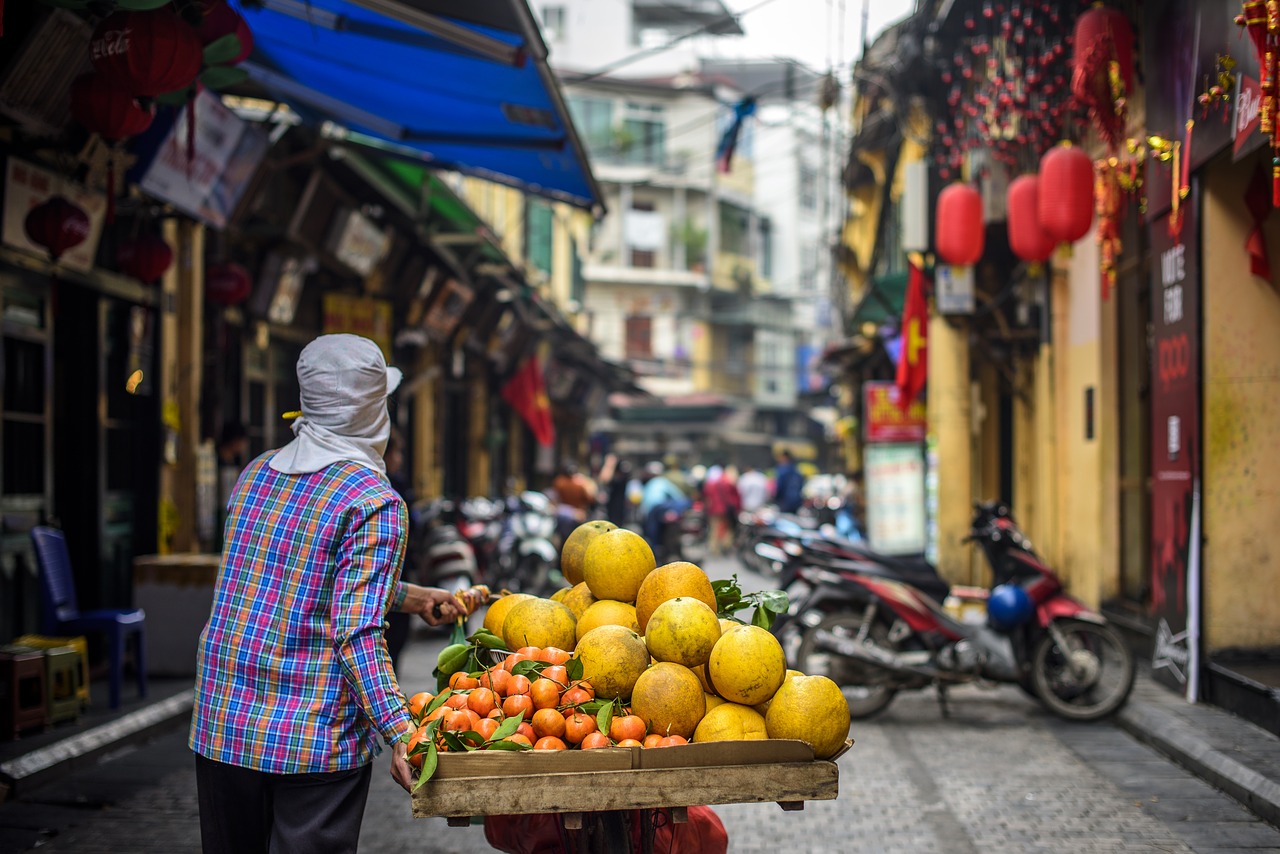
Vietnam reported zero cases of coronavirus in seven straight days and announced on Wednesday it will loosen its lockdown measures.
The country will ease its nationwide social distancing measures aimed to minimize exposure to the coronavirus, except in some districts of Hanoi.
Certain businesses and other activities will reopen, according to a national steering committee for COVID-19 prevention.
Vietnamese society must accept a "new normal" of living with the disease, Prime Minister Nguyen Xuan Phuc said. He advised people to "wear masks in public, keep a reasonable distance and avoid crowded gatherings."
"While preventing and fighting epidemics successfully with strict social distancing, we must still ensure trade in goods, job creation and socioeconomic development," Phuc told the steering committee meeting.
Hanoi, Bac Ninh Province, Ha Giang Province and Ho Chi Minh City will observe restrictions on activities. However, full social distancing measures will remain in place in parts of the city of Hanoi considered as high-risk until April 30.
"Hanoi will have a lower alert level, but not all measures will be removed; rather, they will be phased out gradually," said Nguyen Duc Chung, chairman of Hanoi People's Committee.
Vietnamese airlines can continue all domestic flights from Thursday. Airlines can also increase the frequency of service on key routes, following a plan from the aviation authority.
Hanoi discontinued domestic flights on April 1. It allowed some flights on routes from Hanoi, Ho Chi Minh City and Danang starting April 16.
However, a representative of a local airline told the Nikkei Asian Review that there has been no improvement in bookings for May and June flights. Restoring the airline service would depend on demand.
Arrival of workers from China
Vietnam now prepares to accommodate and place in quarantine thousands of people entering the country from abroad. Many of these travelers arriving in the coming weeks are workers from China.
The steering committee reported that all activities, including non-essential business and services, can return to normal as long as they follow proper infection control measures.
"Based on local conditions, leaders of each location will have discretion over each sector in their localities, strictly considering the location of industrial parks, densely populated areas and border areas," said the committee's chairman, Vu Duc Dam.
Ha Giang, which is near the Chinese border, announced a lockdown of commune of 7,600 people. This action aims to curb the spread of the disease that may start from a patient confirmed on April 8. Meanwhile, Bac Ninh will impose strict social distancing measures after a confirmed case at Samsung Display facility on April 11.
Asia as the next coronavirus hot spot
Analysts claim that Southeast Asia may be the next coronavirus hot spot. Studies suggest that authorities may still be unable to detect tens of thousands more infections due to the low testing rate in countries like Indonesia and the Philippines.
“The fact is … cases have been ramping up here in Southeast Asia,” Simon Tay, chairman of think tank Singapore Institute of International Affairs, told CNBC’s “Squawk Box Asia” last week.
Tay said governments should respond to curbing the outbreak quickly. “We do need to act. The Philippine testing numbers, the Indonesian testing numbers are far too low,” he added.






